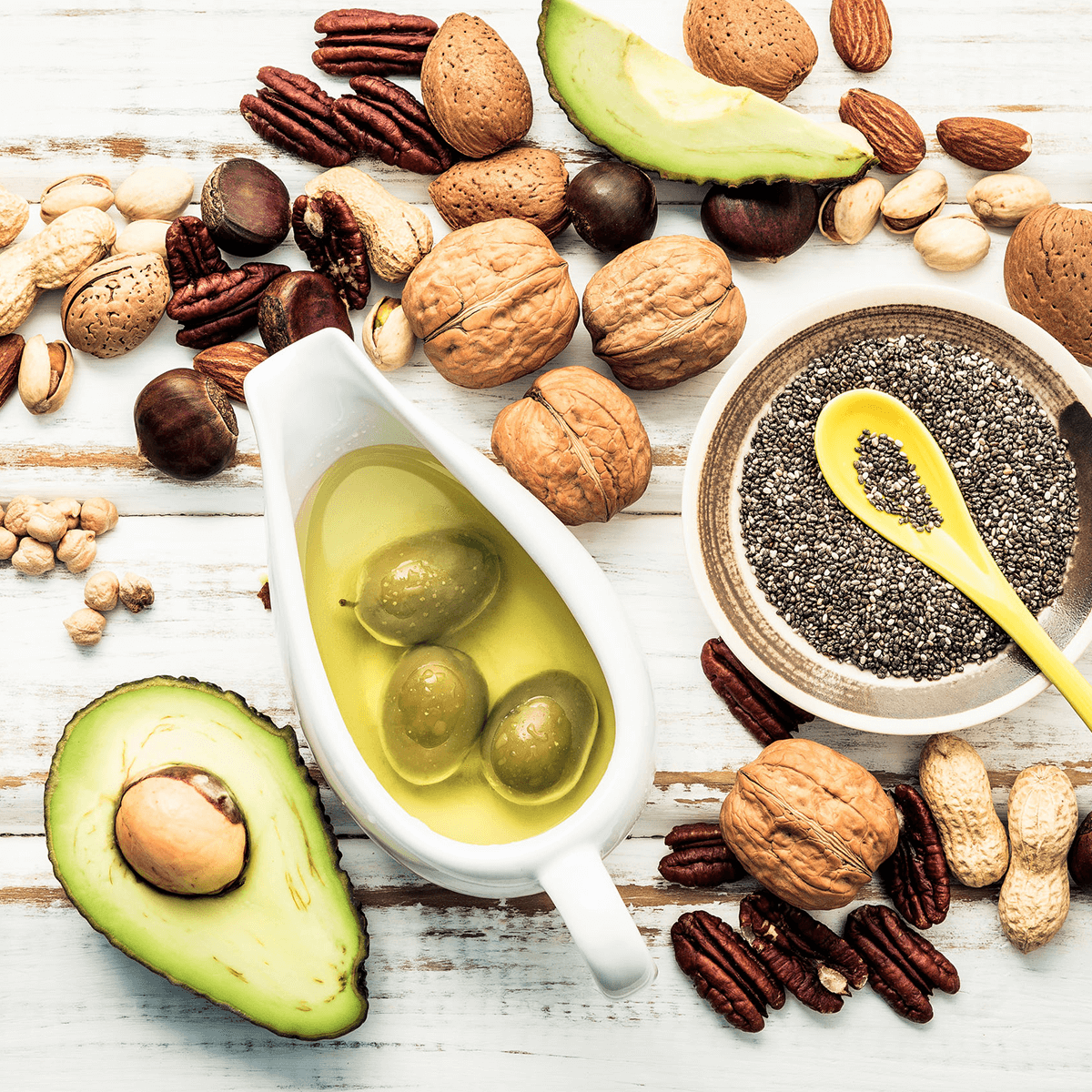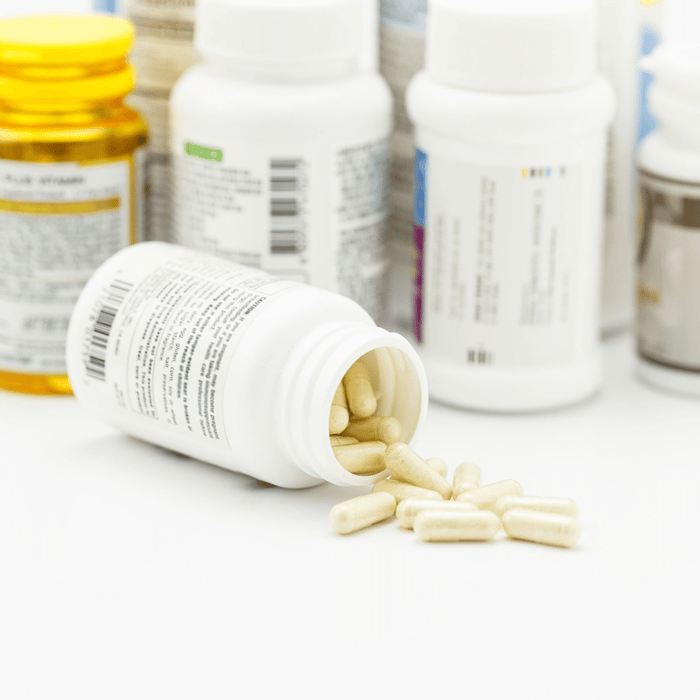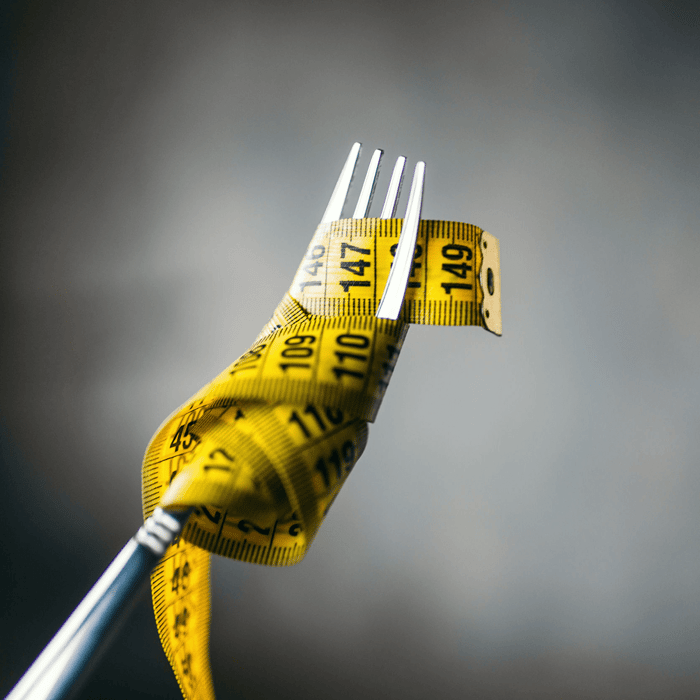Meeting Protein Goals with Vegetarian Diets
Lifestyle
March 15th, 2021

Protein, protein, protein. Whether you are pre-op, post-op, or somewhere in between, the protein conversation is never-ending. Your protein intake can be met with a variety of foods, but what most commonly comes to mind are animal sources: chicken, beef, pork, fish, etc. However, you can meet your protein goals through a vegetarian diet, if you so choose! A vegetarian diet is one that does not include chicken, fish, beef, or pork but does include other animal byproducts such as cheese and eggs. A vegan diet consists of no animal proteins or animal byproducts.
Protein Basics
Protein is made up of 20 amino acids, including the 9 essential amino acids. Some of these amino acids are found in lower quantities in vegetarian sources. However, all needs can be met through a diverse vegetarian diet. If you follow a vegetarian diet and only eat beans, you will not get all your essential amino acids. Luckily, most of us don't eat only one food, so this shouldn't be a problem!1
Before we dive into the variety of vegetarian protein sources, let’s review why protein is so important. In the simplest terms, protein feeds our muscles. The more muscle mass we have, the more revved up our metabolism is, and the more calories we can burn to lose weight. After bariatric surgery, you might lose weight rather quickly. When this happens, your body wants to pull from muscle, not fat. However, you should be striving to lose fat! If you consume enough protein, you can preserve muscle and lose fat; without adequate protein, you will lose muscle, which is not desirable.2
Protein Servings
If you need at least 60-80 grams of protein per day, and you want to follow a vegetarian diet, here is a chart to show you sources of protein and how much protein is in a serving.3
- Celebrate Vitamins Rebuild (whey protein) - 20 grams per serving
- Greek yogurt - 23 grams per cup
- Soy milk - 7 grams per ½ cup
- Edamame - 5 grams per ¼ cup shelled
- Tofu - 10 grams per ½ cup
- Tempeh - 15 grams per ½ cup
- Beans/lentils - 12-15 grams per cup
- Nuts - 6 grams per 1 ounce or ¼ cup
- Nut butters - 7 grams per 2 tablespoons
- Cheese - 9 grams per ounce
- Cottage cheese - 14 grams per ½ cup
- Eggs - 6 grams per egg
- Quinoa - 8 grams per cup
- Chia seeds - 3 grams per tablespoon
- Hemp seeds - 4 grams per tablespoon
- Spinach - 5 grams per cup
- Broccoli - 3 grams per cup
Try to follow a vegetarian diet one day a week, or start with one dinner a week to give it a test!
Here is a sample day to help you along:
Breakfast: Rebuild protein shake - 20 grams
1 cup spinach - 5 grams
1 banana
1 tablespoons chia seed - 3 grams
1 cup soy milk - 7 grams
Total: 35 grams
Lunch: 2 cups mixed greens - 3 grams
1 hard-boiled egg - 6 grams
Tomato, cucumber, onion - other toppings of choice
½ cup quinoa - 4 grams
Dressing of choice
Total: 13 grams
Snack: ¼ cup of nuts and an apple - 6 grams
Dinner: 1 cup broccoli - 3 grams
½ cup BBQ baked tempeh - 15 grams
½ baked potato w/ 1 oz. cheese - 11 grams
Total: 29 grams
Daily total: 83 grams for the day
Resources:
- Mariotti, François, and Christopher D Gardner. “Dietary Protein and Amino Acids in Vegetarian Diets-A Review.” Nutrients, MDPI, 4 Nov. 2019, www.ncbi.nlm.nih.gov/pmc/articles/PMC6893534/
- “Proteins.” Home, https://dlc.dcccd.edu/biology1-3/proteins
- Whitbread, Daisy. “Top 10 Complete Vegetarian Protein Foods with All the Essential Amino Acids.” Myfooddata, My Food Data, 23 Sept. 2020, www.myfooddata.com/articles/complete-vegetarian-protein-foods.php



